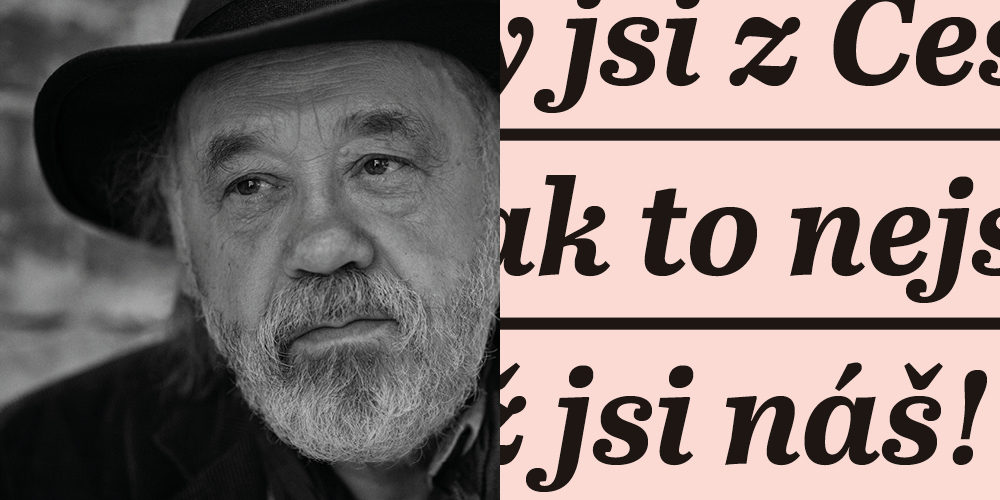Dissident and well-known activist John Bok lost his job for signing the Charter 77. He found a new job as a worker in a circus, traveling around the Soviet Union for most of the year. He also visited the town of Suzdal, where his father Bedřich Bok had been imprisoned during the war. He escaped the Protectorate during the war and tried to reach the West via Poland, but in the heat of the war he found himself in Russia and was investigated by the NKVD as a suspected foreigner.
John Bok went to the monastery where his father had been interned during the war. There he was approached in a friendly manner by a black-robed Orthodox priest, speaking Russian: “You’re a foreigner, right?” – “Yes,” John Bok confirmed, “I am a foreigner, from Czechoslovakia.” – “From Czechoslovakia? Then you are not a foreigner. You’re one of us!” the priest said, laughing. John Bok laughed along with him, but shuddered inside.
“That was coming from a church dignitary, not a communist. Just a few years after the Warsaw Pact troops invaded, they saw Czechoslovakia as their territory. That was just the mentality there.”
Surveillance
After February 1948, the communists, following the Soviet model, eliminated civil liberties. They stole from everyone who owned land or other property. They imprisoned thousands of people in labor camps, where many mined uranium ore for the Soviet Union in inhumane conditions. Hundreds of those who were inconvenient were murdered or sentenced to death and executed by the communists (Píka, Horáková, Broj, Slánský, and others). They isolated the country from the free world and introduced censorship. Not everyone surrendered. Brave people founded resistance groups and smuggled refugees across the border. They resisted the incipient totalitarianism with words and deeds.
But it did not start on 25 February 1948. The Communist Party, strengthened by the authority of the Soviet Union with the halo of the “liberator from Nazism,” had already become a political hegemony, as it confirmed by winning the semi-free elections in 1946. The comrades were lying then when they assured voters that they would not go the Soviet way, that “there will be no collective farms in our country.” After the February coup they declared that “the will of the ruling class is above the law.” And this will of the workers was “represented” by the Communist Party. For forty long years the country submitted to the will of the leaders of the Soviet Union. The Communist Party was subject to directives from Moscow on fundamental issues. Soviet advisers oversaw the course of fabricated show trials. However, none of this removes the main responsibility from the domestic actors for the widespread crimes that characterized the domestic totalitarian system.



